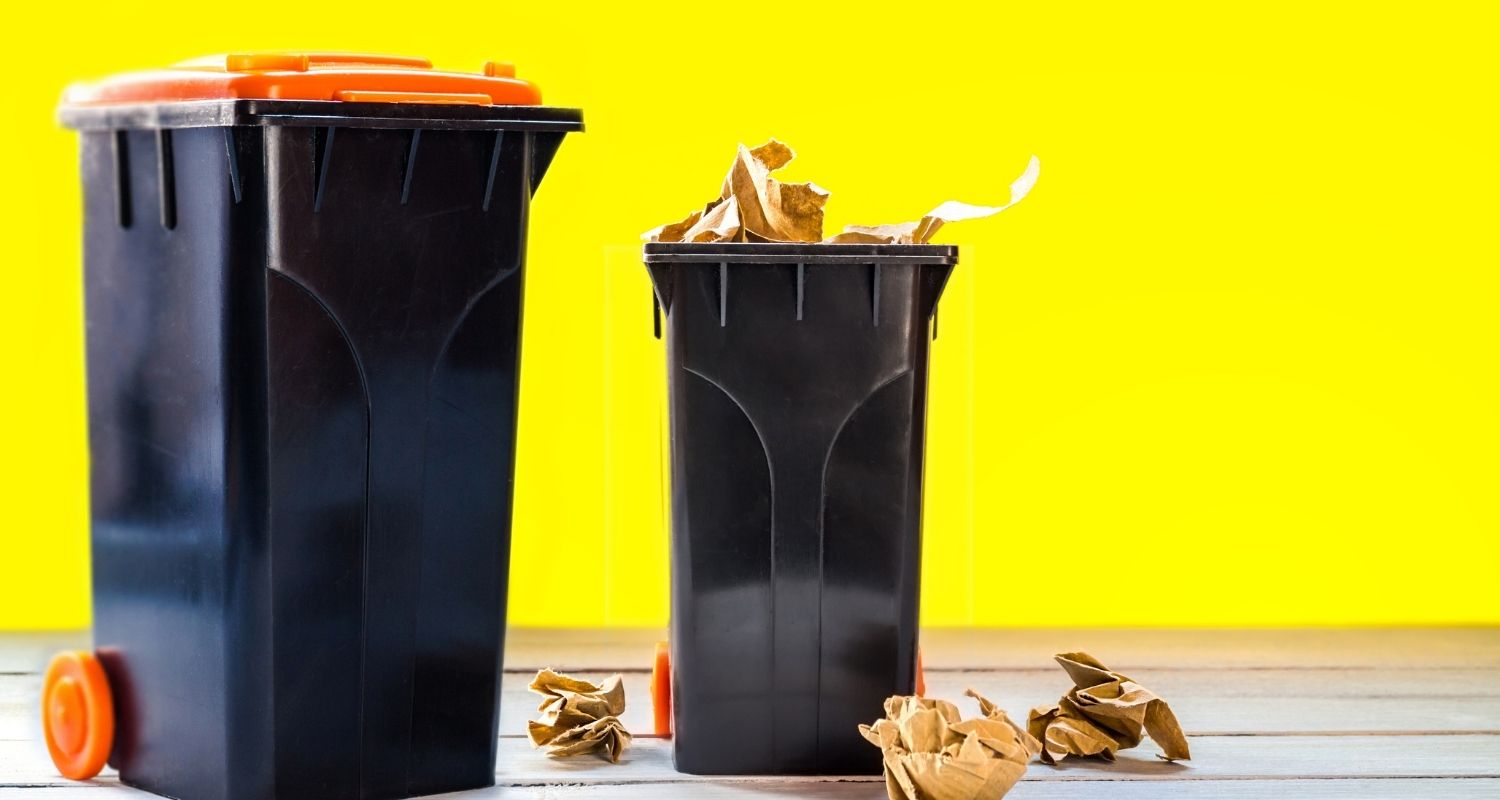
How Is Waste Management Defined?
“Waste management” is a comprehensive term which encompasses the treatment of solid waste and its proper recycling without adding to the waste stream. It is a very effective framework that significantly cuts pollution. Waste management is more of a solution than a task for various reasons. Waste management involves many phases including monitoring, collection, transportation, processing and recycling. It is a cyclical process which may be defined roughly into 5 distinct parts.
Step-by-Step Management of Waste
- Observation
This is the first stage in managing garbage. Whether the garbage is commercial or residential, it must be adequately monitored and accessible to ensure it is disposed of appropriately at recycling facilities. Trash monitoring entails several activities including waste detection and evaluation.
- Compilation
Collecting rubbish is the next stage in successful waste management. Waste is collected from landfills and recycling sites during this step. It is now appropriately separated into plastics, glass, cardboard, paper, metal and aluminum, among other materials. After it is sorted, waste is collected and processed again before being sent to the appropriate recycling enterprises or units.
- Transportation
The next phase in the process is transportation, which is accomplished via trucks. Transportation sounds simple but it is in fact critical to waste management effectiveness. These trucks transport rubbish from collecting locations to landfills, dumping sites and sorting stations.
- Preparation
This is a significant step forward in waste management. After sorting and cleaning the garbage, it is broken down into smaller pieces for more efficient recycling. Hazardous material must be handled separately and with extreme caution.
- Recyclability
This is the last stage of the process. The finished products are suitable for recycling after they have been processed. Biodegradable and organic green trash should be composted, rather than disposed of in landfills. The remainder should be recycled to help mitigate pollution. New things may be created with low-resource use which helps reduce resource depletion.
Appropriate Waste Management Methods
- Garbage Dumps
This is the most often used method for trash disposal. Each day, garbage is deposited in adjacent landfills. When such sites get clogged with rubbish, it is often buried there. Managing these landfills is a critical component of waste management. Agricultural waste, industrial waste, solid waste, building waste, overpopulation and urbanization are just a few of the key causes of landfills. And make no mistake, these landfills have a significant economic impact. The primary negative impacts of landfills are that they pollute the soil and air, taint groundwater, and contribute to significant health issues such as respiratory illnesses and lung cancer. Combustion of landfill waste deteriorates the substance, thus increasing the rate of pollution.
- Combustion
“Incineration” is a phrase that is sometimes used in place of combustion. Solid waste is burnt and transformed into gas and residue in such a facility. This is mostly done at landfills to decrease garbage volume significantly. Incineration is how solid waste is transformed into gas and residue using incinerators. This kind of combustion is used in the majority of underdeveloped nations.
- Recyclability
Recycling is the process of reusing or recycling waste (or discarded materials) to create a new product. The two types of recycling are upcycling (which adds value to the thing being recycled), and downcycling (which degrades the recycled object). The primary benefits of recycling are that it preserves the environment; conserves energy; is eco-friendly; conserves biodiversity; minimizes pollution; conserves resources; is cost-efficient and significantly decreases waste. Reduce, reuse and recycle are the “Three Rs of Recycling”.
- Renewability
This is the process of transforming non-recyclable chemicals or garbage into heat, electricity and other fuels. Even though the waste is made of non-recyclable materials, this falls within renewable resources which can significantly cut carbon emissions. It is possible to limit the usage of fossil fuels to generate energy; as such, this is a novel waste management concept.
- Reducing Waste
Waste minimization is the simplest technique to decrease waste. This may be beneficial if recycled items such as bags, bottles and so on are used more often. Plastics should be avoided entirely, and eco-friendly bags should be marketed in their place.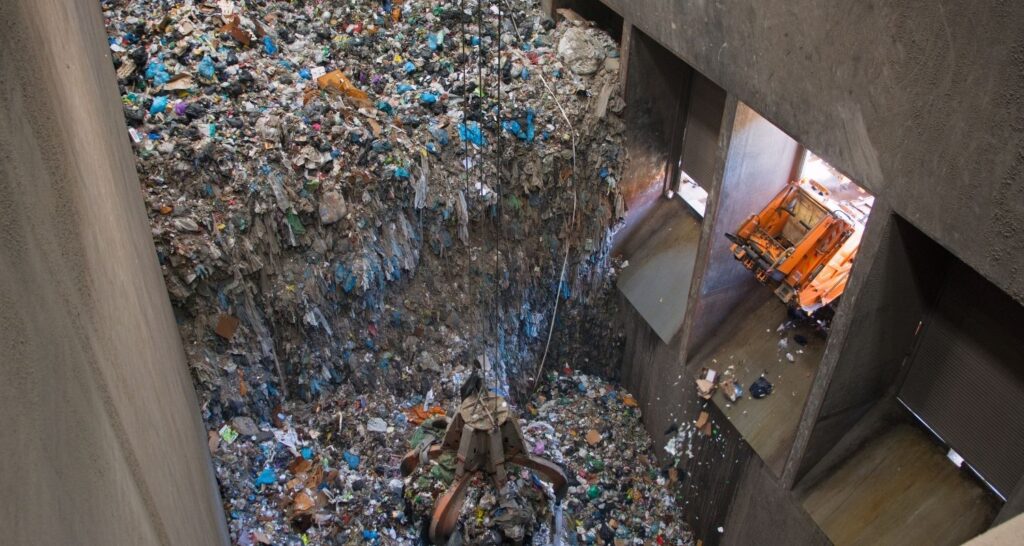
Benefits of Proper Waste Management
- Effective waste management significantly minimizes pollution. Greenhouse gasses such as methane and carbon dioxide released by collected garbage are reduced throughout the process.
- Effective waste management maintains a clean environment by preventing garbage from accumulating in the surrounding area. As a result, there will be a significant decrease in landfills.
- Waste management generates a plethora of work possibilities. This is due mostly to the several steps involved in waste management.
- Effective waste management safeguards biodiversity, hence safeguarding Mother Earth. This procedure conserves energy, since most operations include some kind of recycling. For instance, many trees are felled to make paper, yet recycled paper may still be used to make new paper.
Interested to learn more about effective waste management systems? Visit Reaction Distributing online or call us at (866) 244-0009 today.

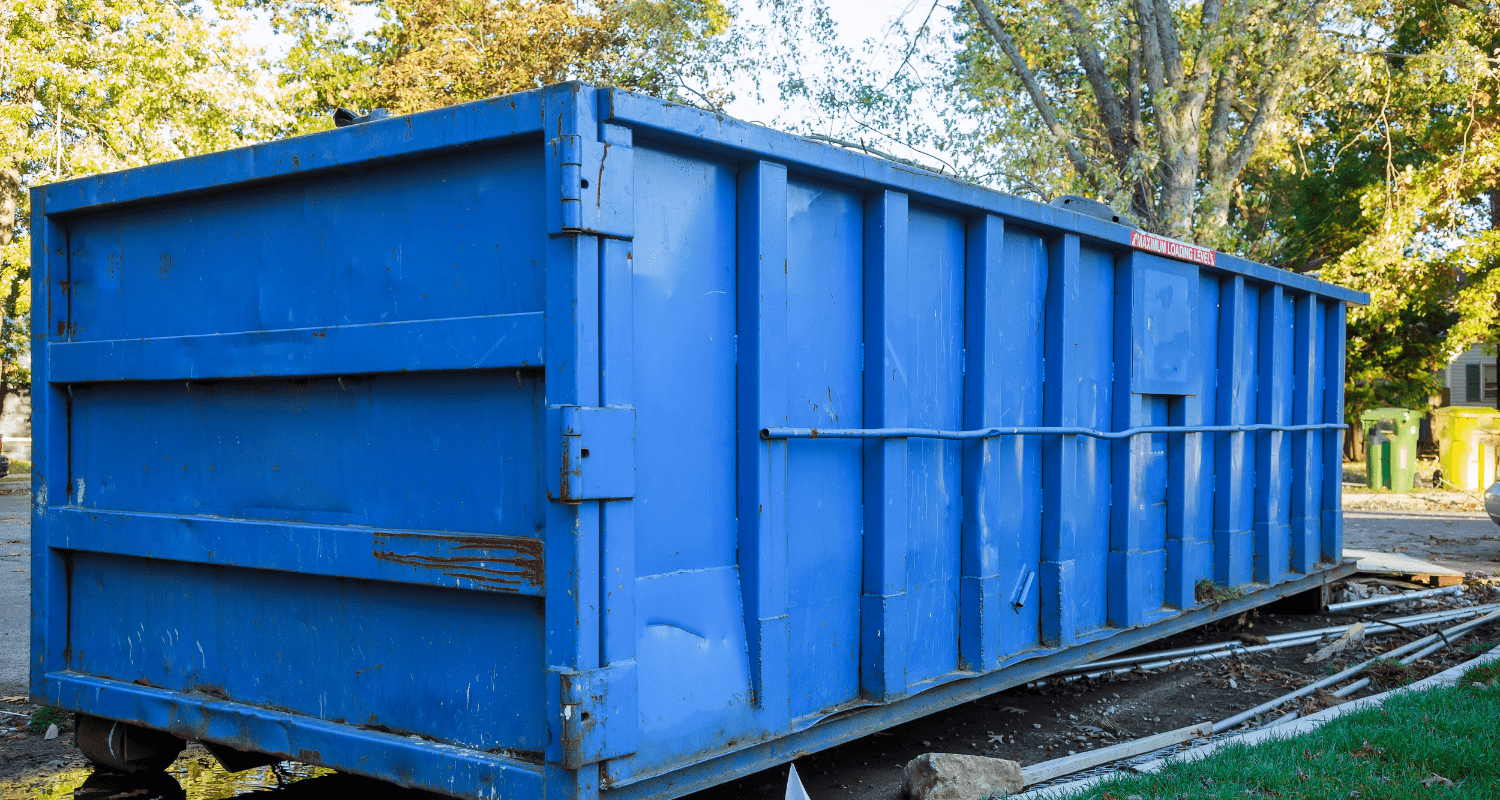
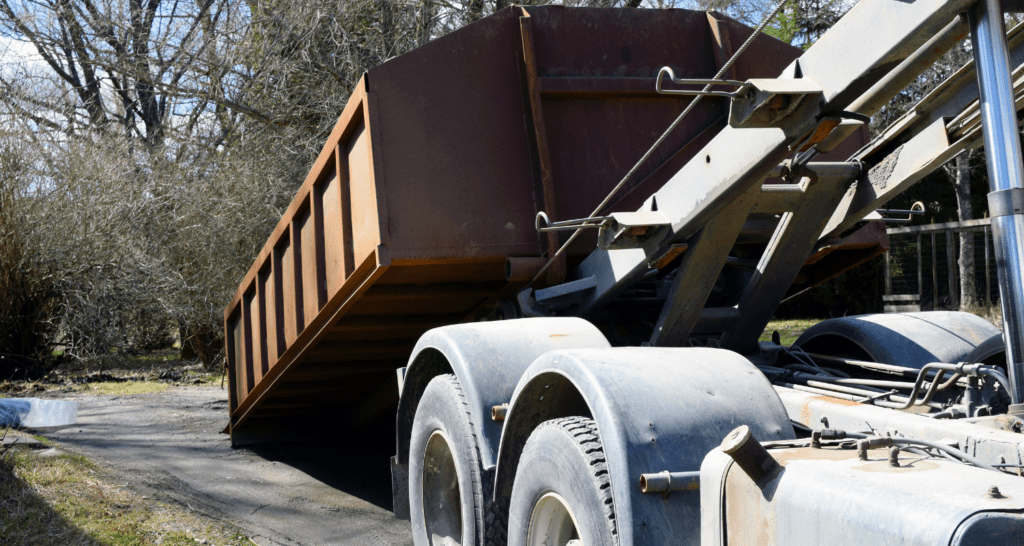
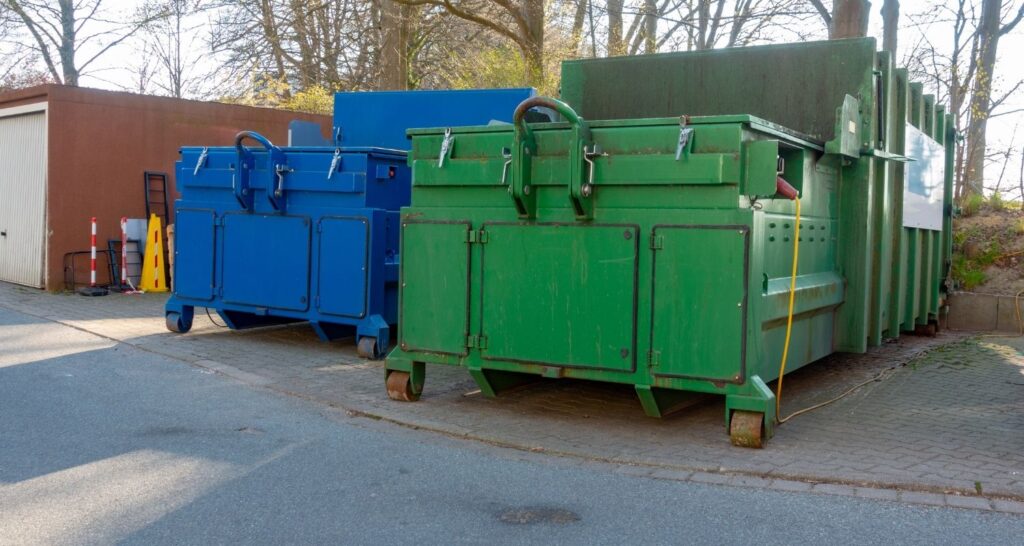
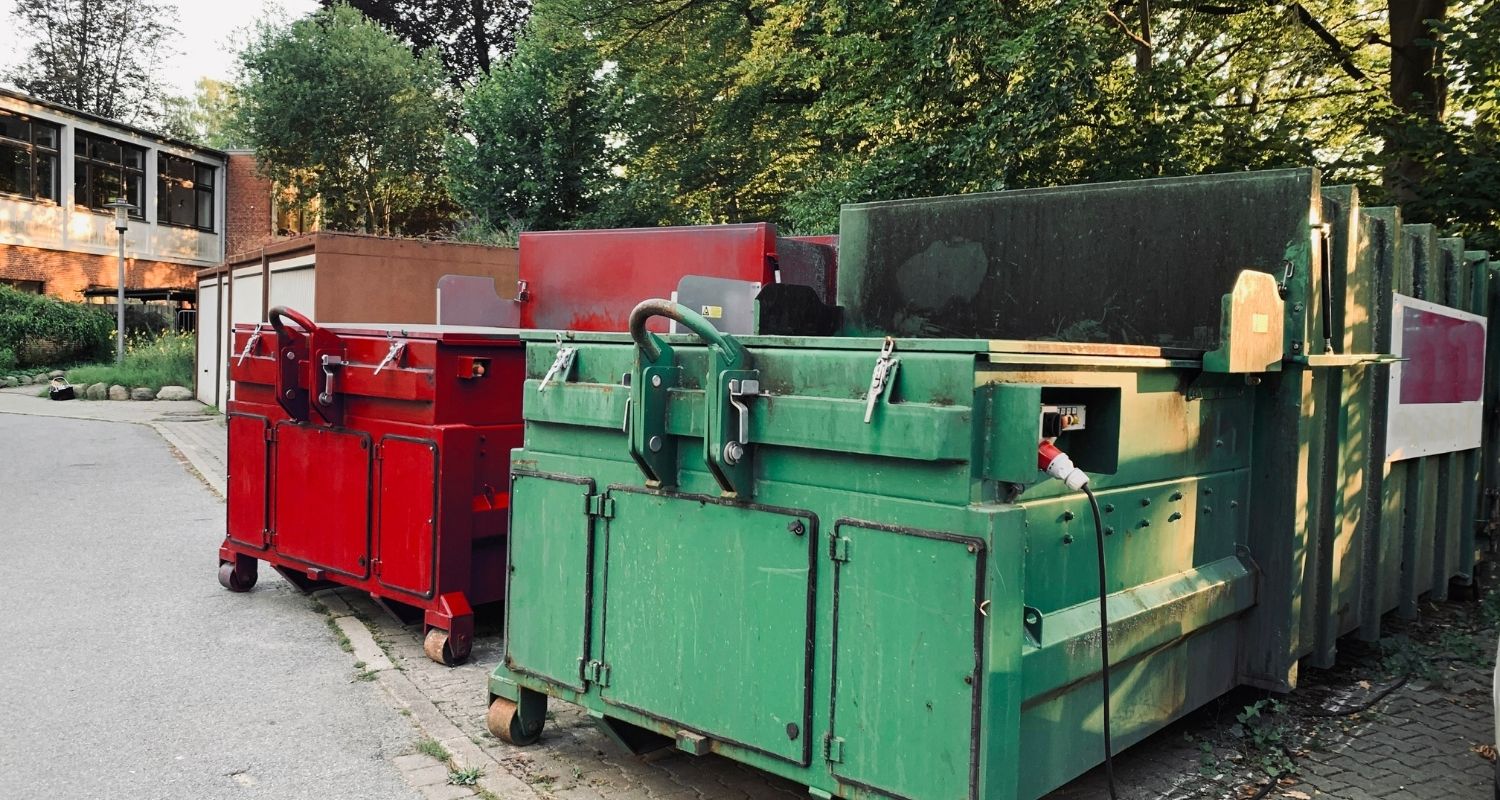
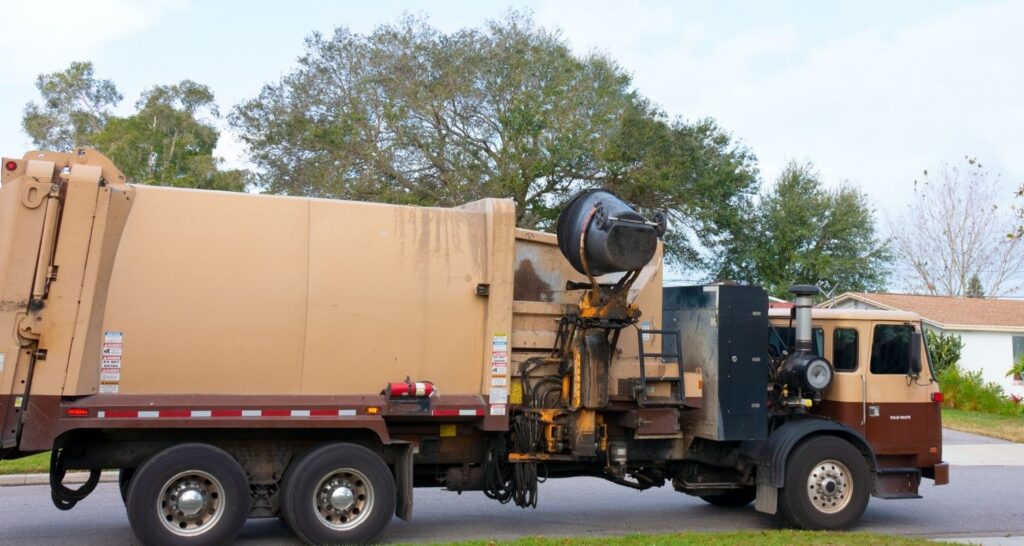
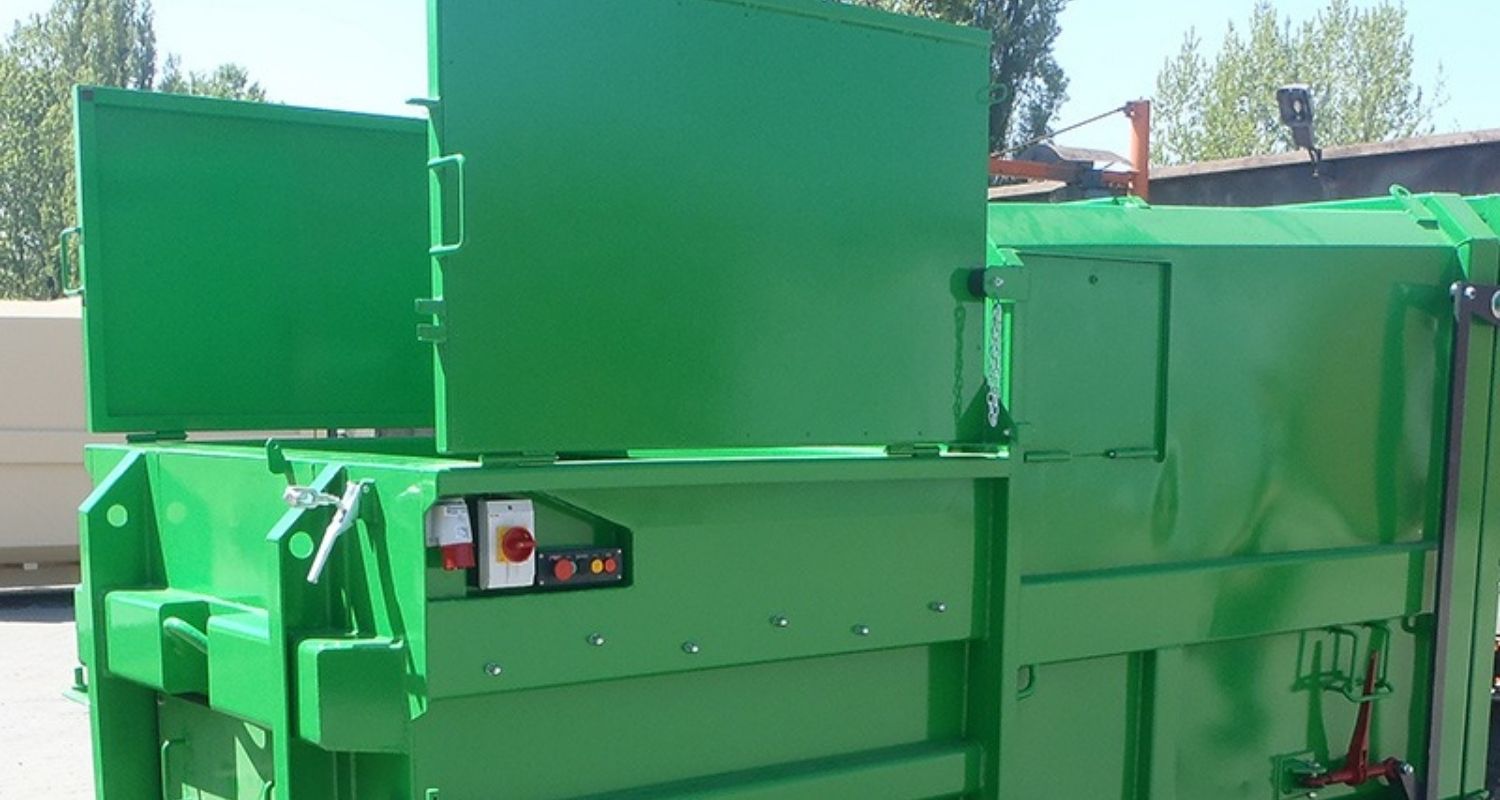
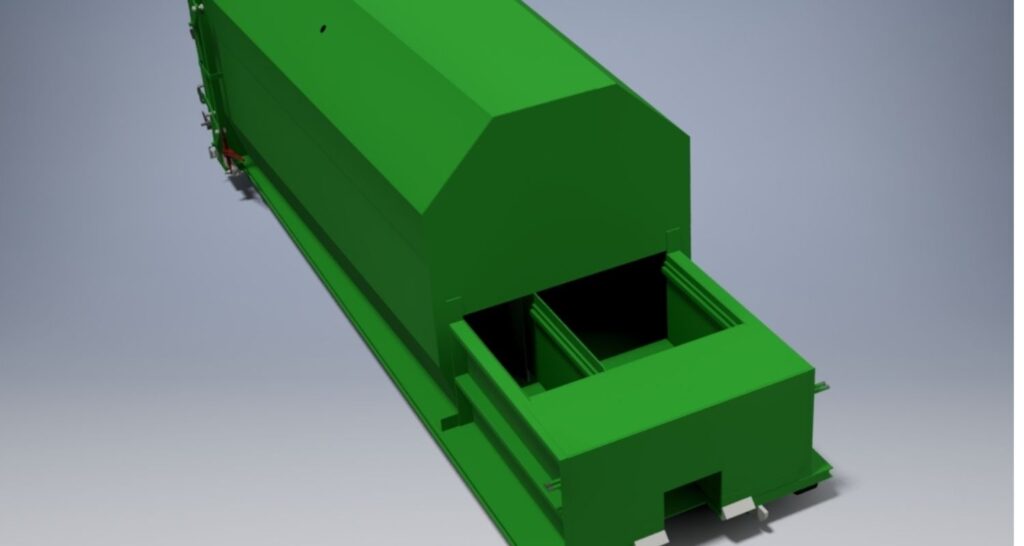 option. Reaction Distributing has all of the industrial compactors that any size business, retail store, or manufacturing facility requires.
option. Reaction Distributing has all of the industrial compactors that any size business, retail store, or manufacturing facility requires.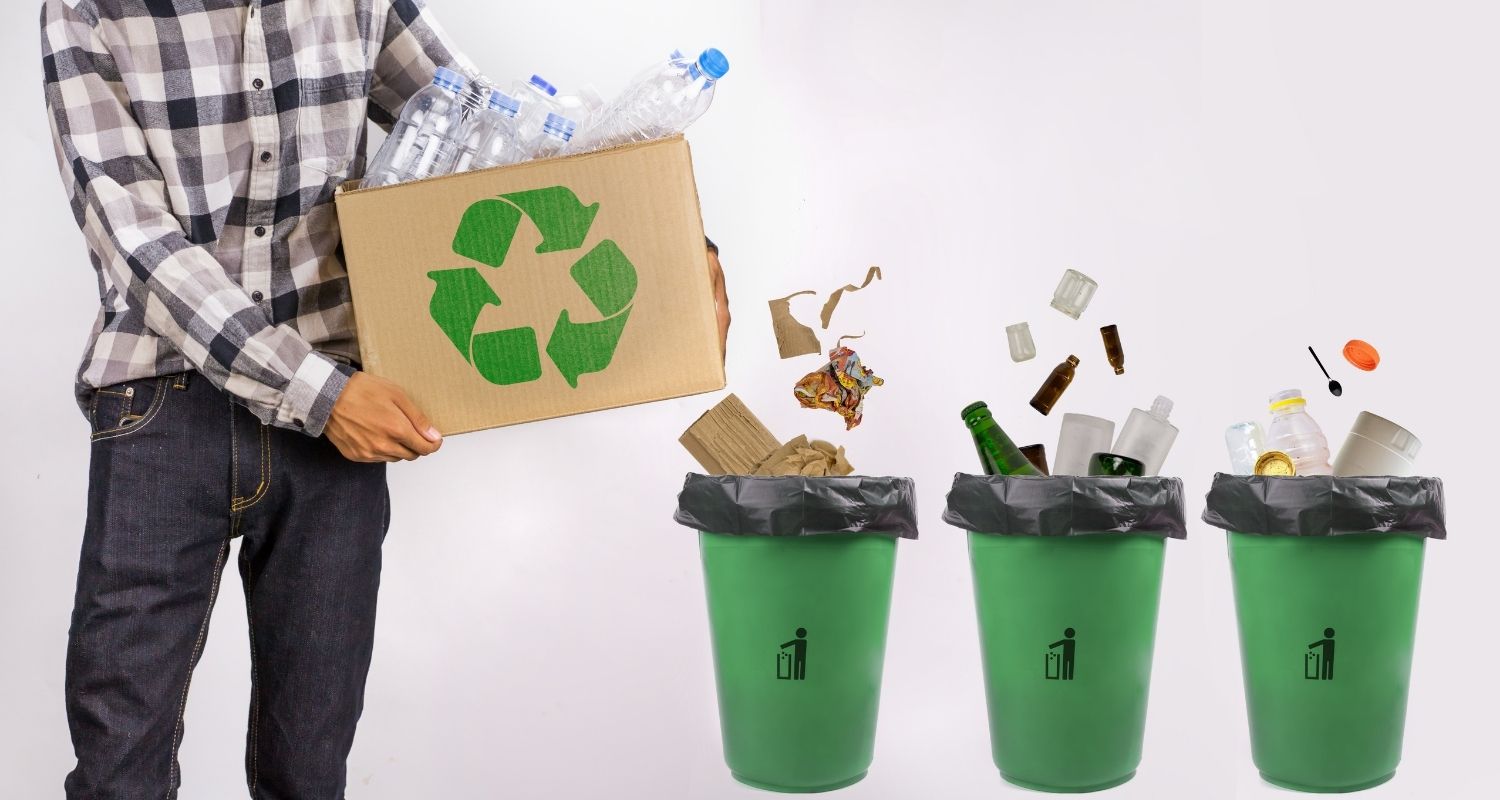
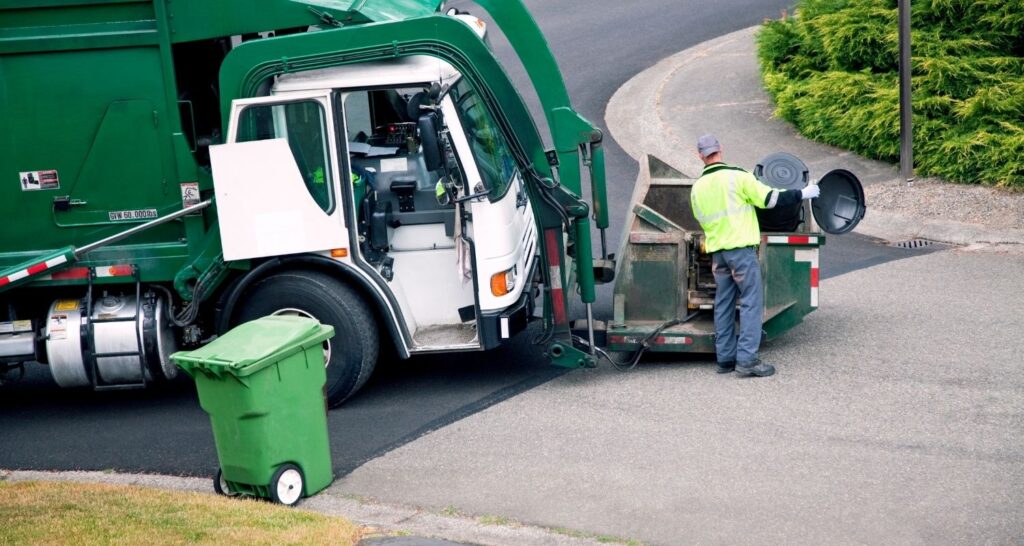 gases such as methane and carbon monoxide emitted by waste accumulation.
gases such as methane and carbon monoxide emitted by waste accumulation.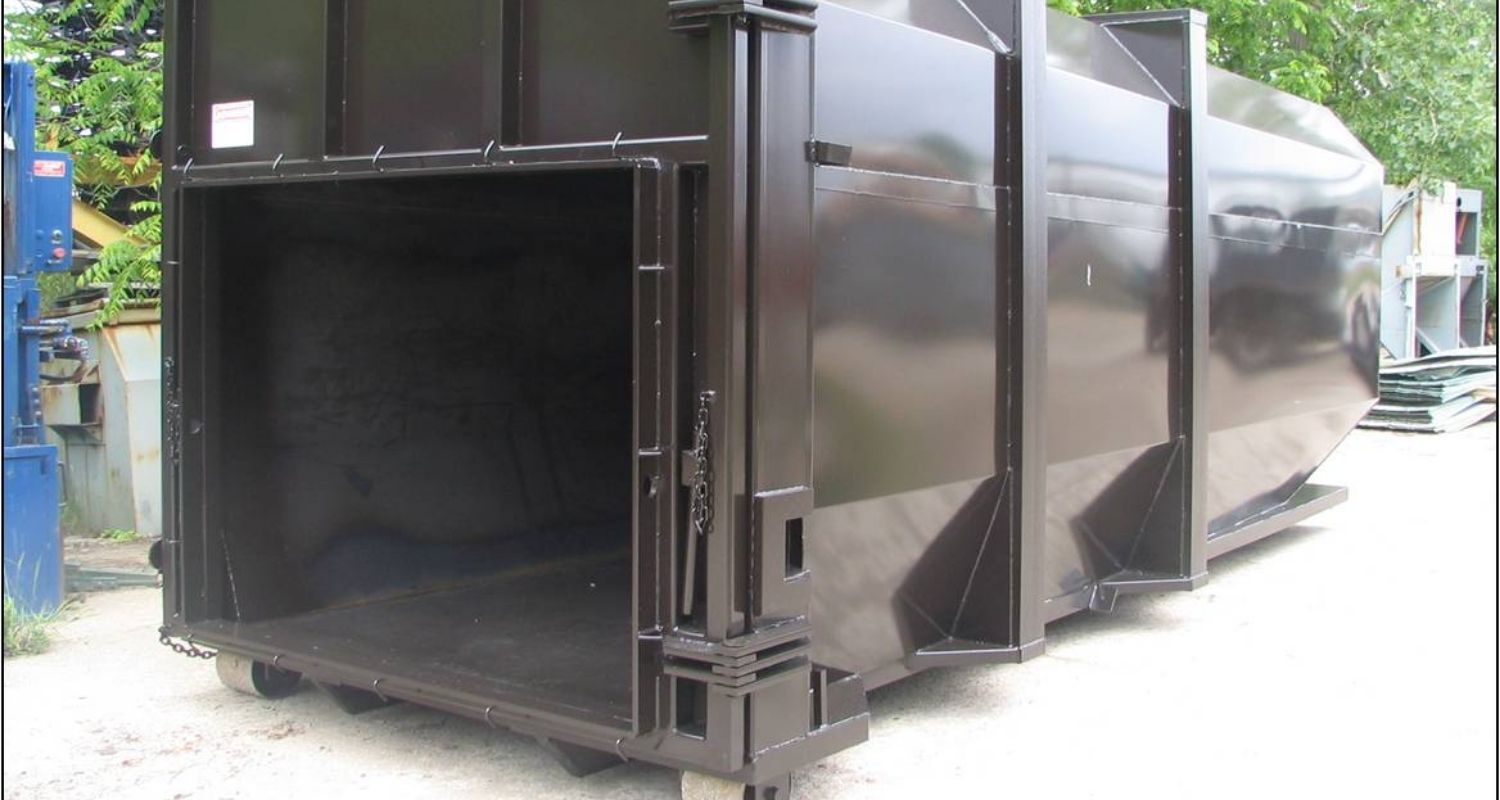
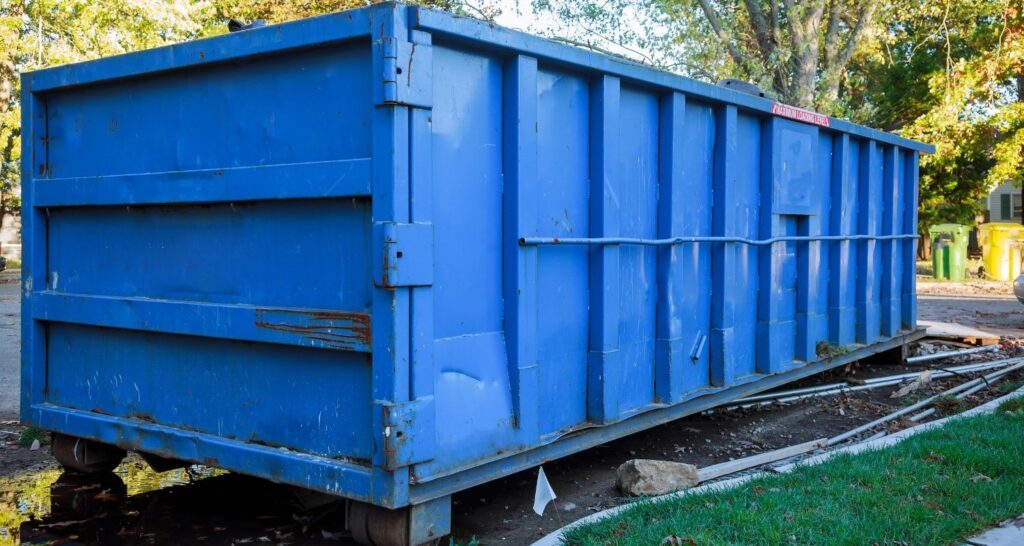
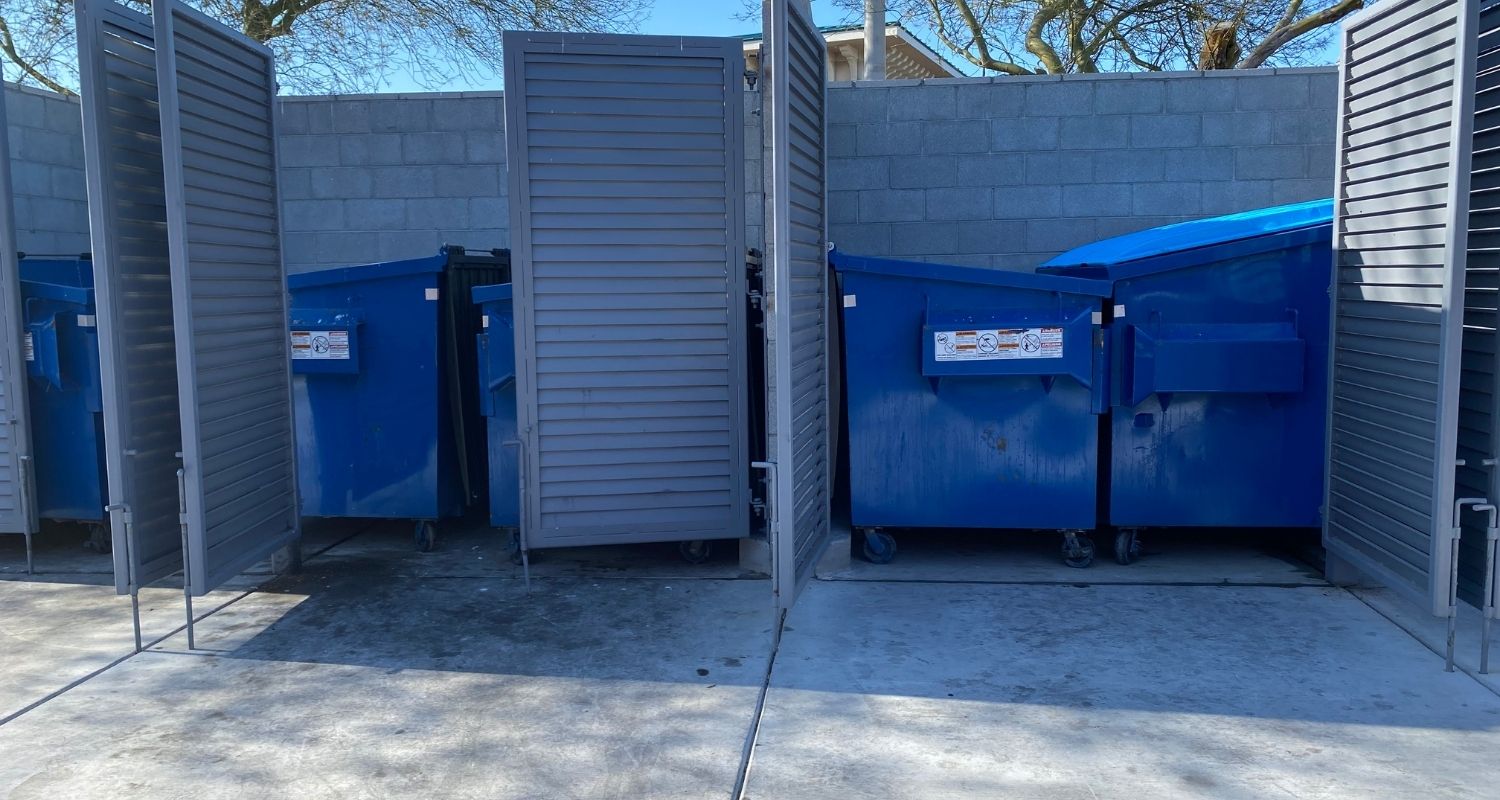
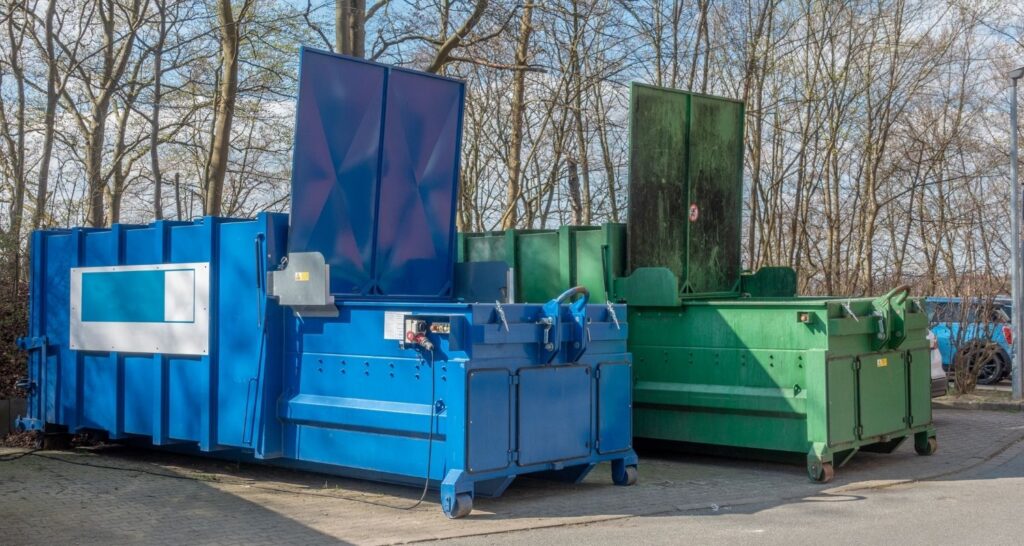

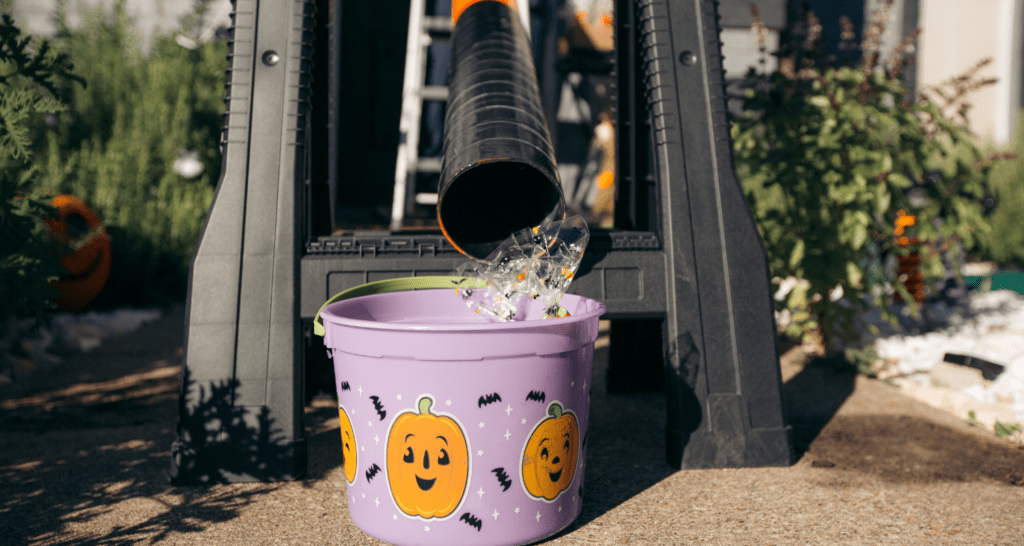
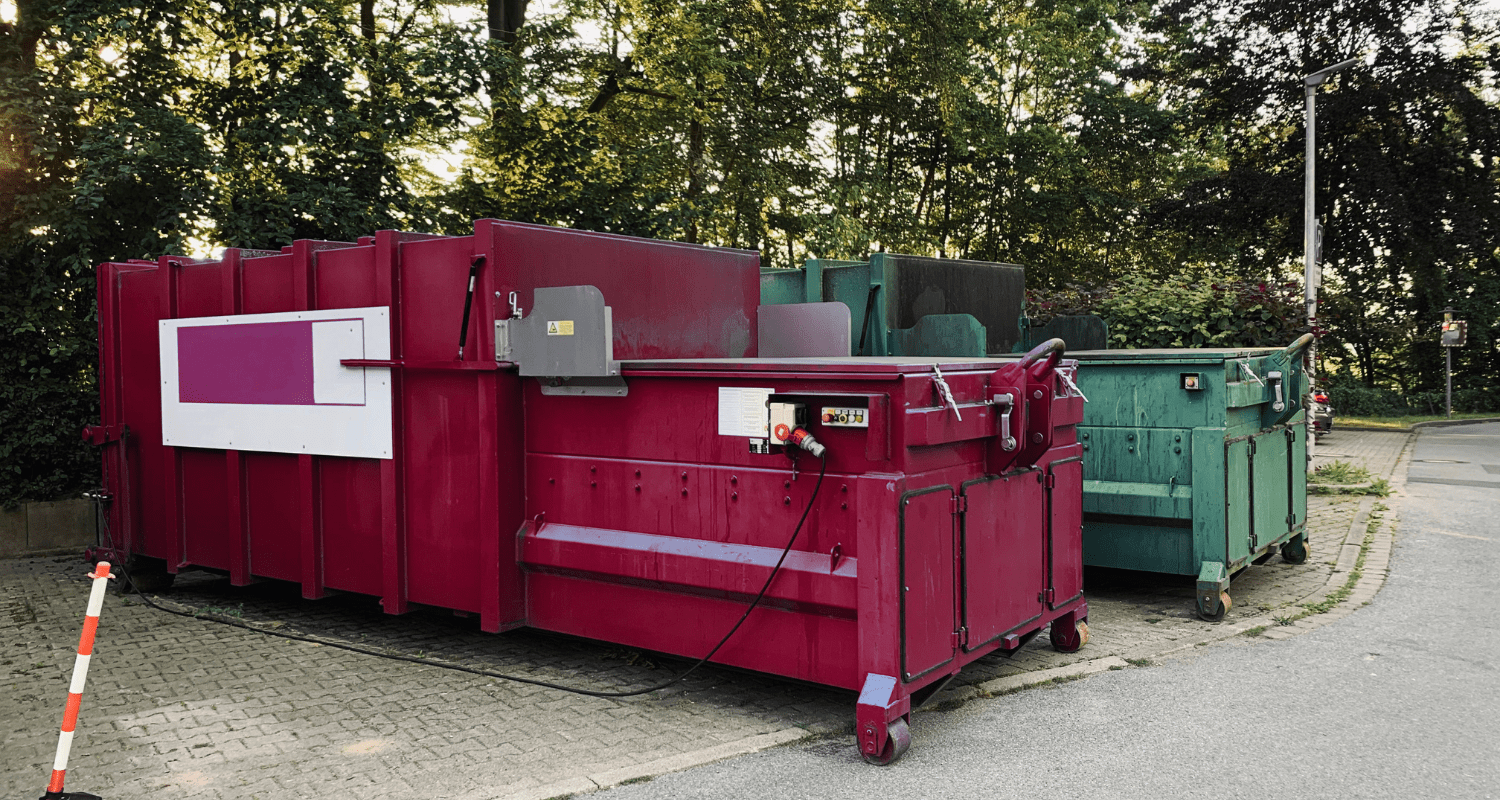
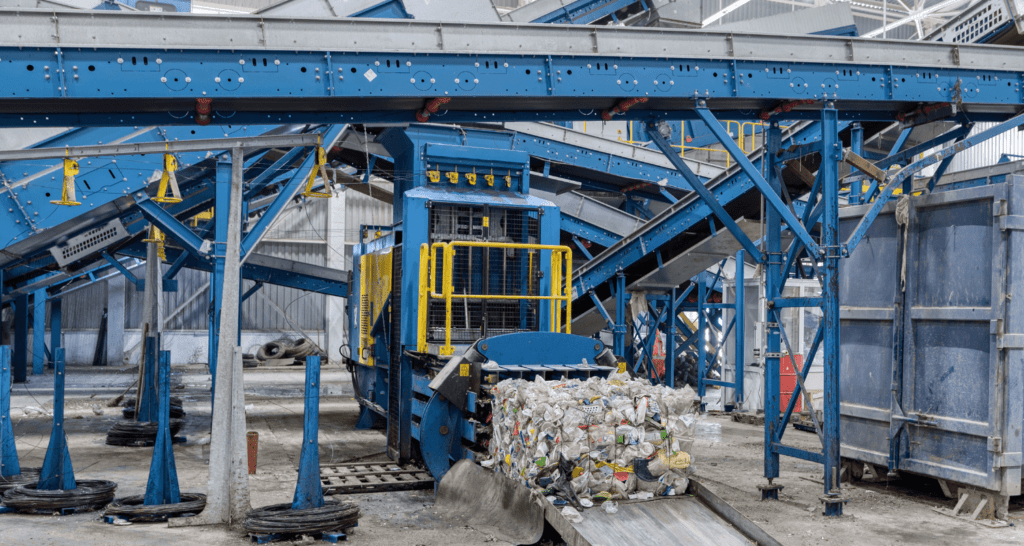 Time and money are saved
Time and money are saved
